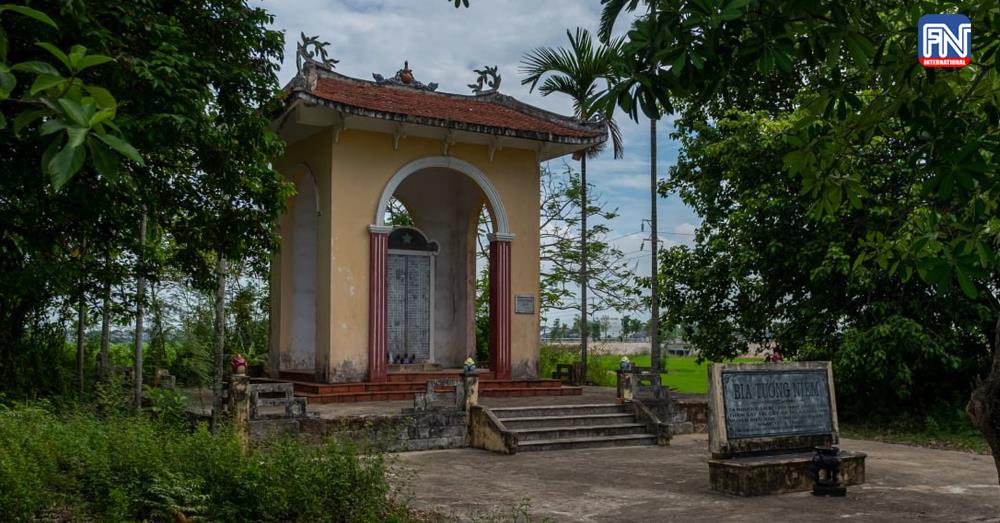SEOUL, Feb 7 (Reuters) - A South Korean court ordered the government on Tuesday to compensate a Vietnamese victim of atrocities during the Vietnam War in the 1970s, when about 300,000 South Korean troops fought alongside U.S. forces.
The ruling marked the first legal acknowledgement of South Korea's liability for atrocities during the war and could potentially pave the way for other victims to seek compensation.
The Seoul Central District Court ordered the government to provide around 30 million won ($23,800) in compensation and additional funds for delay to Nguyen Thi Thanh, a survivor of killings of civilians by South Korean troops.
Nguyen, 63, filed a suit against the South Korean government in 2020 seeking about 30 million won in compensation, saying she lost her family members and suffered wounds herself when South Korean marines killed about 70 civilians in her hometown in Vietnam's central province of Quang Nam in 1968.
"At the time, the soldiers forced the plaintiff's family to come out of their house, threatening with live ammunition and guns, before shooting them," the verdict said, according to Yonhap news agency.
"As a result, it is acknowledged that the plaintiff's family died at the scene and the plaintiff and others suffered serious injuries."
A court official confirmed the decision but said the full verdict was not immediately available for release.
Nguyen, in a video call from Vietnam arranged by her attorneys after the ruling, welcomed the decision and said it would be a "comfort for the souls who fell victim to the incident."
Seoul's defence ministry did not immediately comment. The foreign ministry said the two countries have been in close consultations over pending issues for "future-oriented" advancement of diplomatic ties, which were formally established in 1992.
"Korea and Vietnam have achieved unprecedented development of relations over the past 30 years based on the principle of 'Let's leave the past unfortunate events behind and move toward the future,'" it said in a statement.
Hanoi's foreign ministry did not immediately respond to a request for comment.
